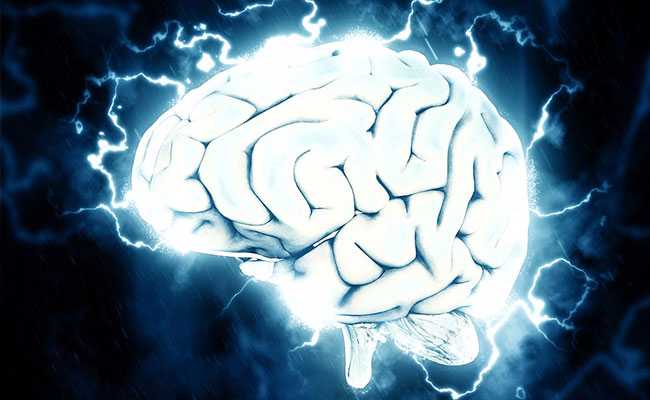As human beings, we’re naturally curious about the world and how we perceive it. When we encounter things we can’t explain with our five senses (sight, touch, taste, smell, and hearing), it sparks a desire to understand. This curiosity drives us to explore the possibility of a sixth sense, something beyond our usual perception. Unexplained phenomena, like intuition, premonitions, or even animal senses we can’t replicate, get categorized under the umbrella of a sixth sense. It becomes a way to explain things that don’t fit neatly into our current understanding.
Our sense of the body’s internal state is called interoception and is sometimes referred to as the sixth sense. It’s important for both physical and mental health. Studies on whether men and women differ in interoception showed mixed results.
According to The Conversation, a new study combined data from 93 studies and found that women were less accurate at feeling their heartbeat than men. This difference may explain why some mental health conditions are more common in women.
Women were found to be less accurate at perceiving heart and, to a lesser extent, lung signals compared to men. These differences were independent of factors like effort during tasks or physiological variations like blood pressure or body weight.
The study on interoception might shed light on the higher prevalence of certain mental health conditions in women. Existing theories attribute this to factors like genetics, hormones, personality, and stress exposure. However, the link between interoception and well-being suggests that women’s lower interoceptive accuracy could partially explain their higher vulnerability to anxiety and depression. Difficulties with interoception can impact emotional, social, and cognitive functions, all known risk factors for these conditions.
The study suggests that interoception may be a reason why more women suffer from anxiety and depression. It also implies that different techniques might be needed to improve interoception in men and women.
Researchers are still figuring out the cause of these differences. It could be due to biology, hormones, or how men and women are taught to think about their bodies. Understanding these factors may lead to better treatments for mental health conditions.
The researchers suggest that gaining a deeper comprehension of the various elements influencing interoceptive ability could prove crucial in the future development of more effective treatments for numerous mental health disorders.
